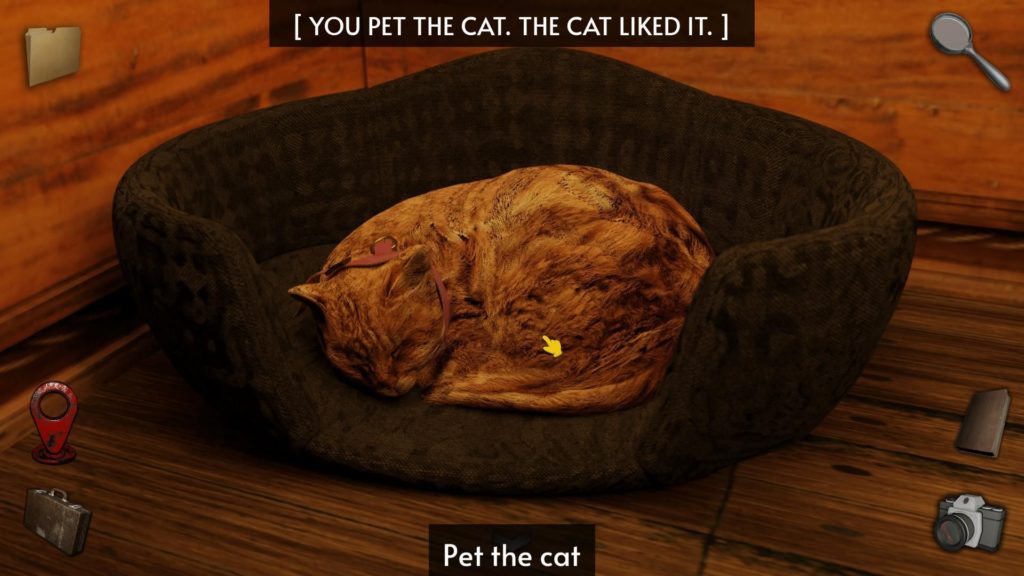
PC, Mac
I play a lot of escape room games, most of which I would never trouble you to tell you about. I love scouring through Google Play Pass’s collections, playing them no matter how bad. (Even worse, I do the same with those overwrought, awful hidden object games.) Honestly, at first glance I thought Another Tomorrow would be similar, a janky-looking collection of logic problems set in the bizarro-world where people keep their front door key in a box sealed by an elaborate sliding tile puzzle, for which one of the vital pieces is kept in a suitcase in the basement with a code that can only be learned by steaming up the bathroom mirror. And, well, it absolutely is that, but it’s also… it’s really clever.
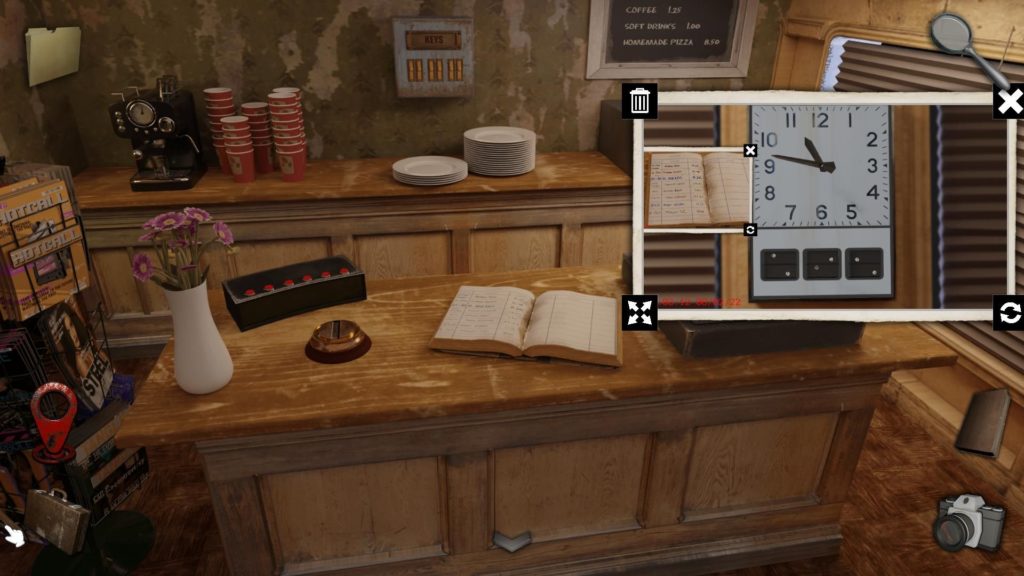
The storyline is every bit as daft as you might expect from such a game. You’ve got total amnesia, like no one has ever had, and you’re trying to work out who you are. This involves, as it always does, a car accident, suspected murder of a partner, and in perhaps a slightly off-path twist, an evil corporation that removes memories. In order to find out what’s going on, you’re going to need to find a lot of codes, and unlock a lot of doors.
Yes, it’s all entirely preposterous, the madness of a universe where everyone stores their screwdrivers inside Chinese puzzle boxes, then seemingly throw them out the window after a single use. But for all these implausible idiosyncracies, I generally find them inexplicably engaging. However, in Another Tomorrow’s case, despite the clunky appearance in both UI and graphics, that engagement becomes a lot more immediately explicable. Because the puzzles are properly good.
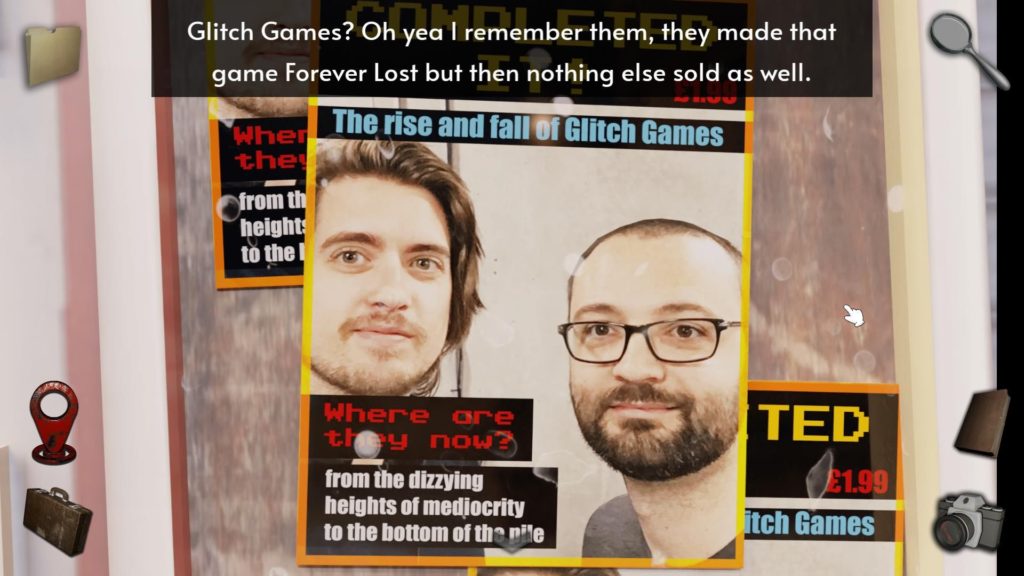
I’m not saying they make narrative sense. That would be going far too far. But as puzzles, this is an absolutely exquisite collection, with challenges that had me frequently taking a breath at how clever they were. And I should admit, that’s both when realising the solution for myself, and indeed upon giving up and using the game’s generous hint system to work out what I should be doing. Rather than rolling my eyes, in all cases (but one), I just felt admiration for the solution I should have found on my own. (There is one puzzle toward the end that doesn’t make a blind lick of sense. But the hints are there to cheat past it.)
For some bonkers reason, the game is described as “first-person” on its Steam page. It is not. There’s no character in the static, isometrically viewed scenes, certainly, but it’s no more first-person than Populous. The UI, as I said, is a clunky old mess too, and it’s not exactly a pretty game. Then there’s the most astonishing array of options (to be painfully slowly scrolled through) but none of them let you change the resolution. It’s a mess! But dammit, none of that matters when the puzzles are this good! The only actually solid complaint I have against the game is it’s world-weary disdain for itself. Too often the feedback is sarcastic commentary on its own nature, snide remarks about the convoluted nature of such puzzles, that sort of thing. And in the end, since the game overall isn’t being played for laughs at all, it feels like the person being sneered at is you, just for playing. That was a tonal miss.
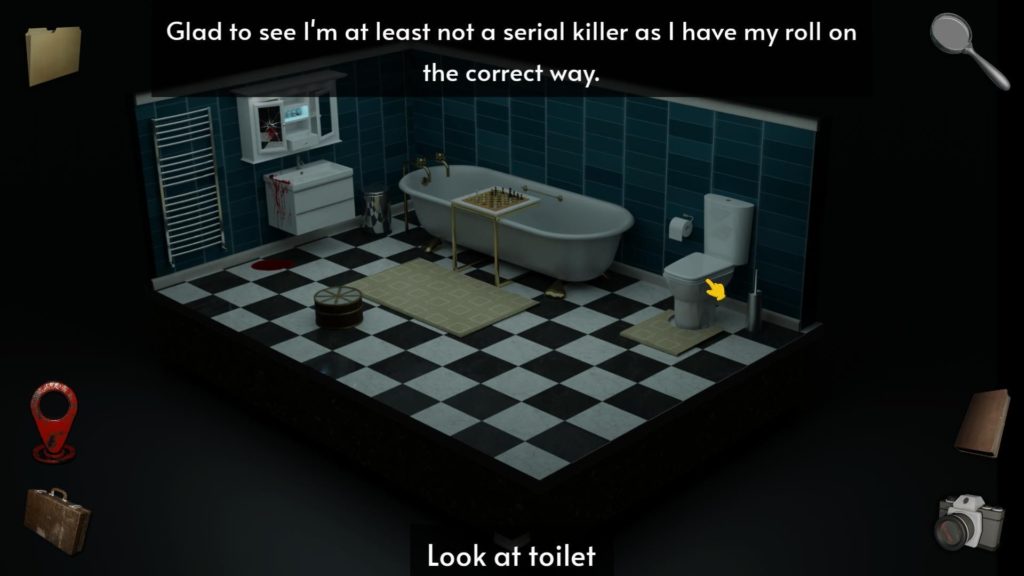
Like I say, I play a lot of rubbish in this genre, and perhaps I’ve trained myself to put up with too many of the most common foibles, but what I certainly know is that few are as smart as Another Tomorrow. It’s a clunky ol’ thing, but there’s a lot of it, and it made me feel all clever more than enough times.
In the end, if you’re after solid, satisfying puzzles, it really doesn’t much matter the layout of the puzzle book. And here you get exactly that, which is why I am enthused to share it with you.
- Glitch Games
- Steam
- £10/€10/$12
- Official Site
All Buried Treasure articles are funded by Patreon backers. If you want to see more reviews of great indie games, please consider backing this project.





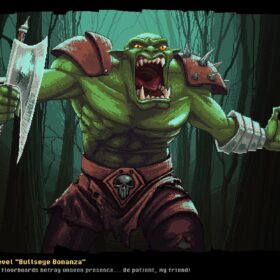
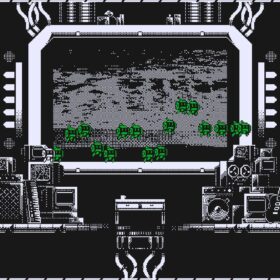


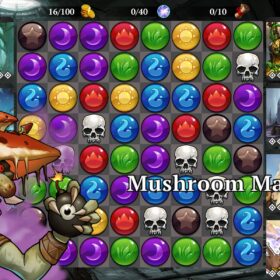
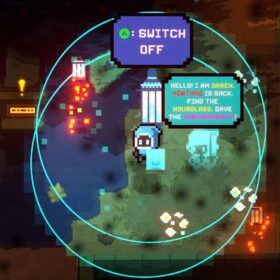


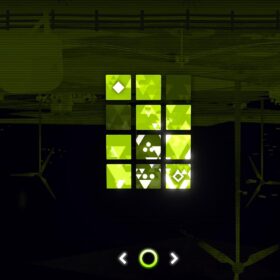
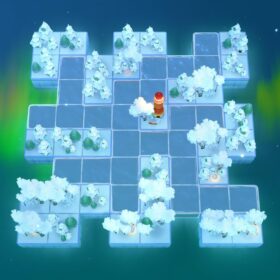
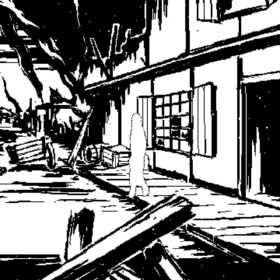

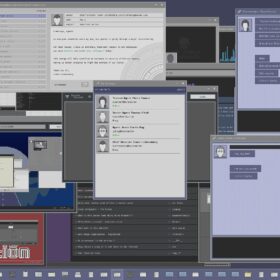

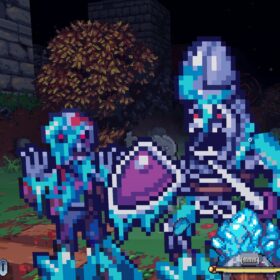
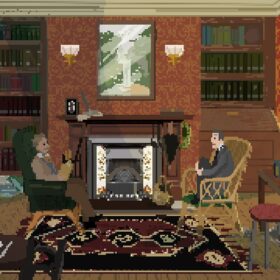
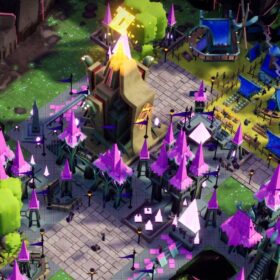
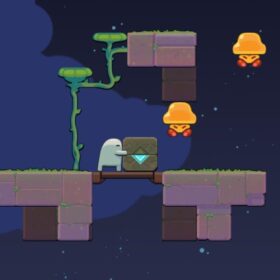
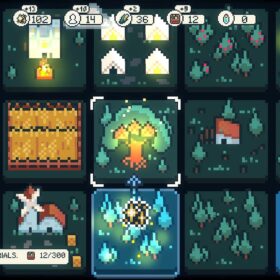

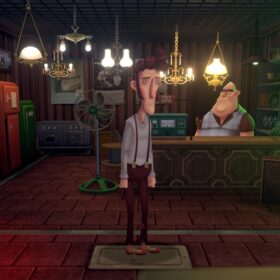
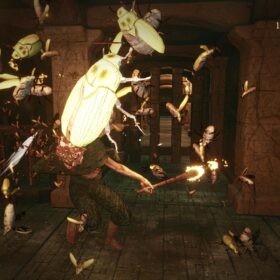

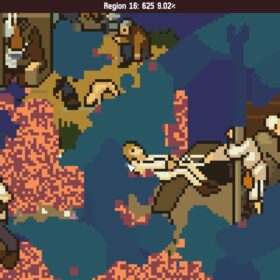
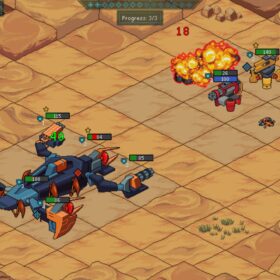


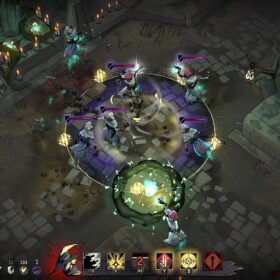
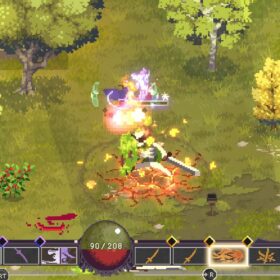
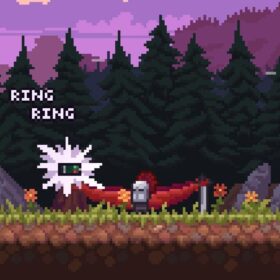
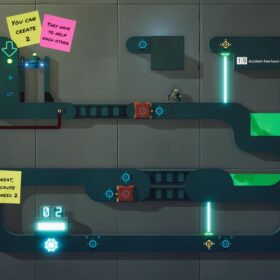
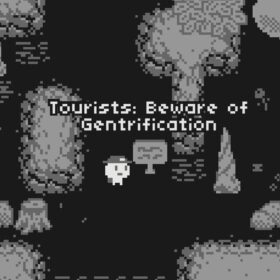

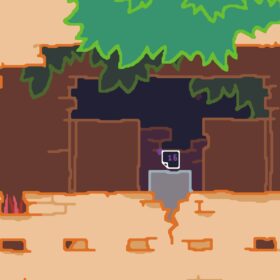
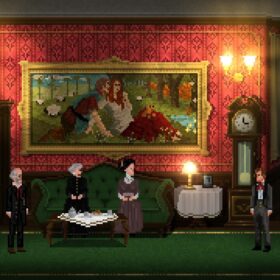

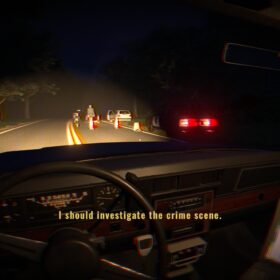
Oh did not know about this but Veritas and Forever Lost by the same devs were both top draw escape room games.
But why do you want to escape the room? There’s a cat!